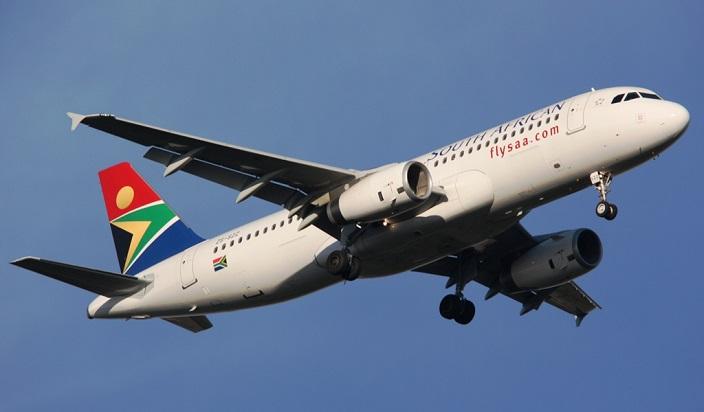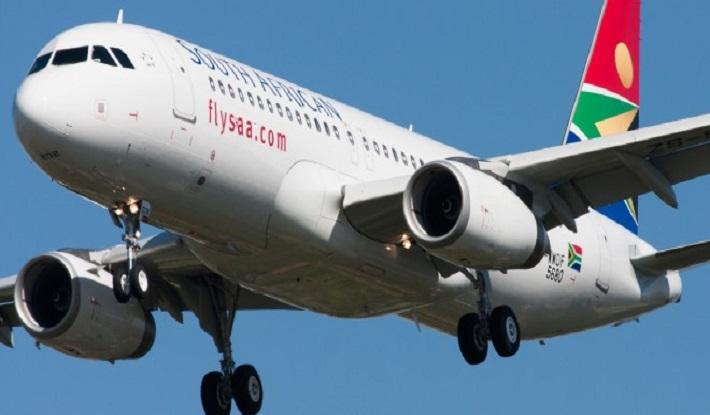Air transport: Immense hope for single market in Africa

Travelling by Air transport from one African country to another, as evidenced by those who are used to traveling in the air, is often laborious, costly and time-consuming due to poor air links resulting from ill-advised protectionist policies.
As explained by Umaru Fofana, a BBC journalist, in his experience in 2017 flying between West African capitals between Freetown (Sierra Leone) and Banjul (The Gambia), a 700-kilometer journey that should last about 24 hours, you will take 24 or 72 hours due to the unavailability of direct flights.
African companies on the sidelines
Travelers from Freetown may have to go through Abidjan (Côte d’Ivoire) and Dakar (Senegal) before arriving in Banjul. A faster but much more expensive option would be to travel to Brussels (Belgium) and connect to Banjul. This obviously complicated and problematic arrangement has left African countries unable to explore the full economic potential of the nascent aviation market on the continent. As a result, non-African airlines currently control about 80% of the air traffic to and from Africa and handle about 80% of intercontinental traffic to and from Africa.
Finally the union?
The decision of the African Union (AU) to launch the African Single Aviation Market (ASAM) at its 30th Summit in Addis Ababa is, therefore, a relevant and welcome decision. The African Single Aviation Market is a flagship project of AU Agenda 2063. This initiative aims to create a common market and to unify air transport in Africa and to liberalize civil aviation there. A project that is able to concretely advance the economic integration of the continent. SAATM will also facilitate the completion of the African passport and the free movement of people and goods, as well as the creation of the Continental Free Trade Area (CFTA).
The implementation of the SAATM, which is similar to the EU’s single aviation market, would go a long way toward making air travel in Africa more competitive by reducing protectionist policies. The liberalization of air transport would be able to facilitate connections on the continent, which would result in substantial benefits for: passengers (better value for money), airlines (more performance) and the economies of African countries respective (more growth).
The union is taking shape!
Currently, 23 countries have signed the Convention on the establishment of the Single Market. These are Benin, Botswana, Burkina Faso, Cape Verde, Congo, Côte d’Ivoire, Egypt, Ethiopia, Gabon, Ghana, Guinea, Kenya, Liberia, Mali, Mozambique, Niger, Nigeria, Rwanda, Sierra Leone, South Africa, Swaziland, Togo,
Huge possibilities!
The aviation sector in Africa currently accounts for more than $ 72 billion in GDP, creating 6.8 million jobs. Clearly, there is a lot of untapped growth potential in this sector. According to the International Air Transport Association, lifting trade barriers in air transport between only 12 African countries could generate 4.9 million additional trips, releasing $ 1.3 billion in additional economic activity and creating 155,000 new jobs. The demand potential for intra-African air travel remains significant and the positive economic impacts of policy reforms on intra-African connectivity could be significant. The demand for air transport to and from

As part of this single market, airlines in the region would be allowed to link two African cities without first going through their national hub. South African Airways could, for example, fly Johannesburg-Nairobi-Cairo in one trip, and Ethiopian Airlines could travel to Nairobi and Johannesburg in one trip as well.
South Africa, Egypt, Nigeria and Kenya could be the largest markets for unified air transport in Africa, while Ethiopia would retain its position as the leading operator of air travel between Africa and the rest of the world. At present, intra-African traffic accounts for at least half of the total air transport market in most African countries, Cape Verde and Egypt being the only exceptions to this trend.
The full adherence and application of single market policy terms and agreements by the various African governments is crucial. The liberalization and unification of Africa’s air transport markets is expected to bring unprecedented financial growth for local airlines in Africa, most of which are currently experiencing huge operational losses each year. This will also open the sector to much needed foreign investment.




